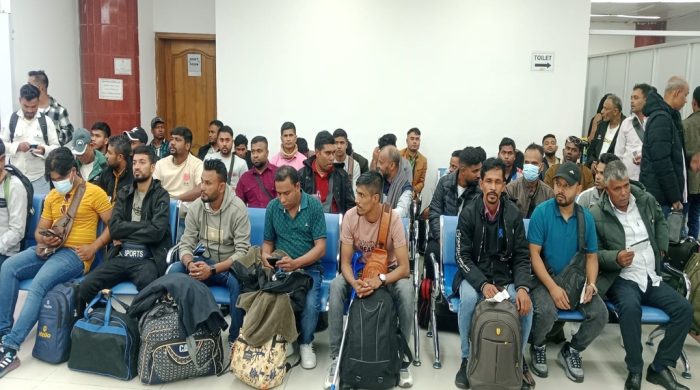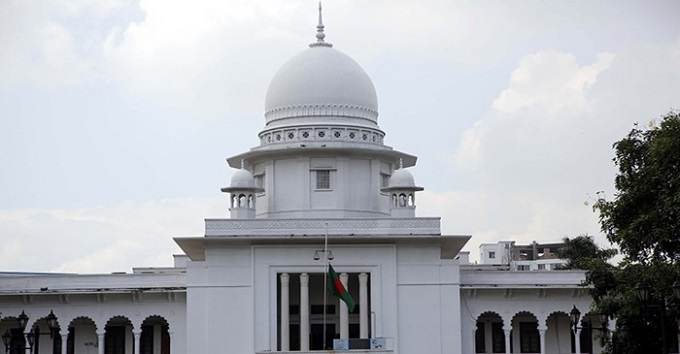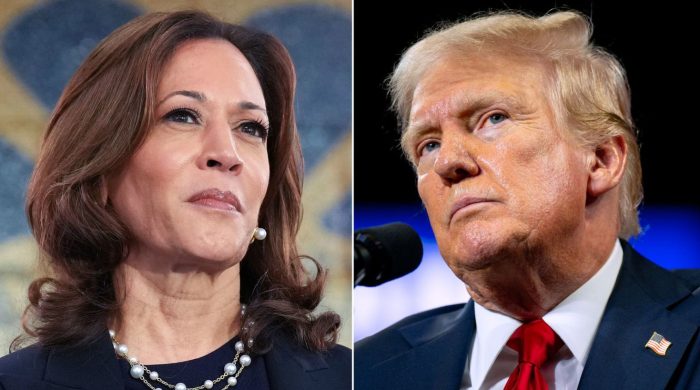Sanctions, freezing assets, intel can fight corruption

- Update Time : Wednesday, August 9, 2023
- 16 Time View

The United States has encouraged Bangladesh to “root out corrupt actors,” operating within its borders “fairly and impartially.”
“Generally speaking, sanctions can be a tool to fight corruption,” US State Department Spokesperson Matthew Miller told reporters in a regular briefing in Washington on August 8.
He said they have other tools as well, such as freezing assets and giving partner nations information so they can prosecute cases.
Responding to a question on demand for free and fair election, Miller said they have made it clear several times that the US supports free and fair elections in Bangladesh.
“We’ve made that clear publicly. We’ve made that clear in conversations with the Bangladeshi Government, and that will continue to be our policy,” he said.
The US Department of State’s Coordinator on Global Anti-Corruption, Richard Nephew, echoed the same regarding sanctions to address corruption during his Bangladesh visit on August 6-8.
During his visit, Nephew met government officials, businesspersons, and civil society leaders to discuss how to fight the scourge of corruption.
Foreign Secretary Masud Bin Momen, after his meeting with Nephew, said that Bangladesh laid emphasis on more transparency and accountability over issues involving money laundering, noting that in most cases Bangladesh does not get required feedback when it comes to mutual legal assistance.
The US has invited Bangladesh to attend the 20th anniversary of the UN Convention Against Corruption in Atlanta in December this year. The foreign secretary said Bangladesh will take part in the meeting where the host US will seek renewed commitment from the participating countries or institutions to jointly tackle global corruption.
- UNB

























